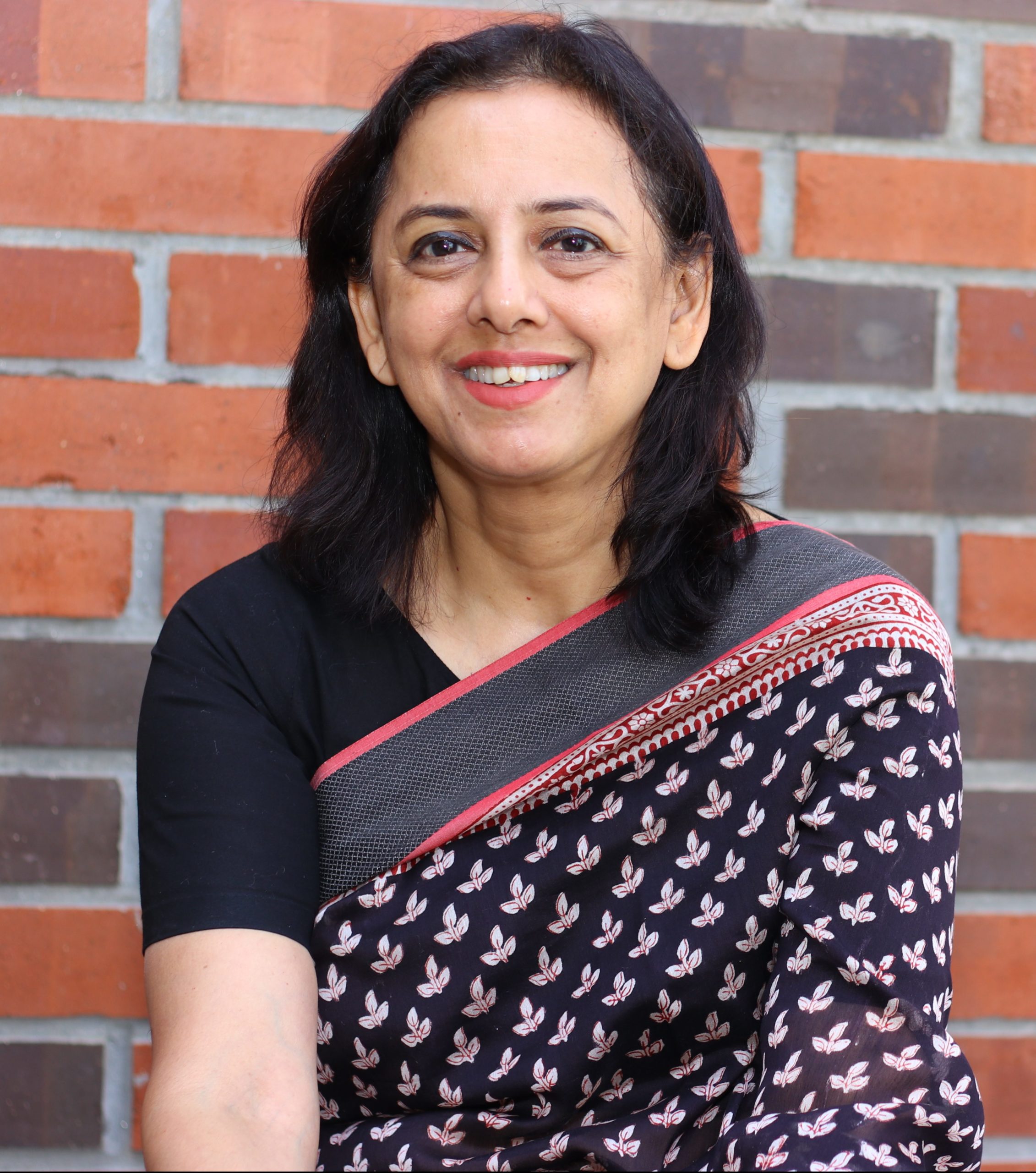At an event hosted for women leaders, I remember being shocked when the keynote speaker, the CEO of a reputed bank, proclaimed that women should not demand or avail special benefits, such as long maternity leave, as these could damage their career prospects.
The speaker, obviously, had failed to recognise the advantage of having had a support system that allowed her to pursue her career whilst raising a family. She displayed a disappointing lack of empathy for the countless women who struggle to build their careers without access to any kind of paid or unpaid support. What was even more heart-breaking for me was that she was in a position that afforded her a real opportunity to change things, but she chose to look away.
What she also did was to put the onus of taking on all the cultural and societal challenges faced by working women back on the women themselves: the fact, though, is that organisations, governments and society have a responsibility to create an enabling environment for women to take up paid employment and not be forced to drop out of the work force for lack of support structures.
As things stand, we are failing our women in all possible ways. According to Oxfam, India’s widening gender pay gap now stands at 34 per cent. And, at 27 per cent, India ranks among the lowest globally in terms of women’s participation in the workforce.
One would have thought that recent policies such as increased mandatory maternity leave and mandatory representation of women on company boards would arrest the decline in women’s participation in the workforce, besides resulting in more women-friendly policies and practices within organisations.
Sadly, that’s not happening. Faced with the challenges of pursuing a career in a set-up where they are still expected to raise children, look after the elderly and run the household, Indian women are dropping out of the workforce like never before.
Some three decades ago, I was working hard to become a CA, when marriage and relocation to the US saw me faced with the task of starting over from scratch, building a new identity as it were. I still dreamt of completing my CA, but an early pregnancy put paid to that!
My career has been rather unconventional, and I have taken breaks periodically to be more fully present for my family. While I don’t regret the way it has shaped, I do think I may have done things differently if I had a real choice—and if I had someone older back then to tell me that I need not sacrifice my career to be a better parent. That marriage doesn’t need to subsume my identity. That the responsibility of raising a family needs to be equally shared.
That’s why, at a time when young Indian women are abandoning their careers and dreams, I strongly believe that it is time for senior women, older and already established in their careers, to step in and do what they can to encourage them to stay back. As women come under increased pressure from patriarchal mindsets and expectations, it is imperative that their greatest support and allies be older and more successful women who can stand by them, put their collective weight behind them.
As women with some influence, we need to speak up and act for supportive policies and attitudes at the workplace
Today, I make time to mentor young women at every opportunity I get. I am always available to advise my past students from the Young India Fellowship. As a mother of two young women, I fiercely support their ambitions to pursue and fulfil their dreams.
As the head of my own organisation, I am mindful that our policies at work are sensitive to the changing needs of our employees.
All of us have a chance to do our bit to help women around us: from offering mentoring and building enabling networks to leading and implementing policies that help women realise their potential at the workplace and as individuals. Where women have had to take a break from their careers to raise children, we must devise ways to bring them back into the workforce—let us not allow all that talent to go waste.
As women who have fought our way to the top, we know that it’s been a long and arduous battle. If younger women around us now start giving up, we lose too: because we risk conceding the spaces that we have fought hard to gain and occupy.
Want to share your story of how you thrive? Write to us at [email protected]


